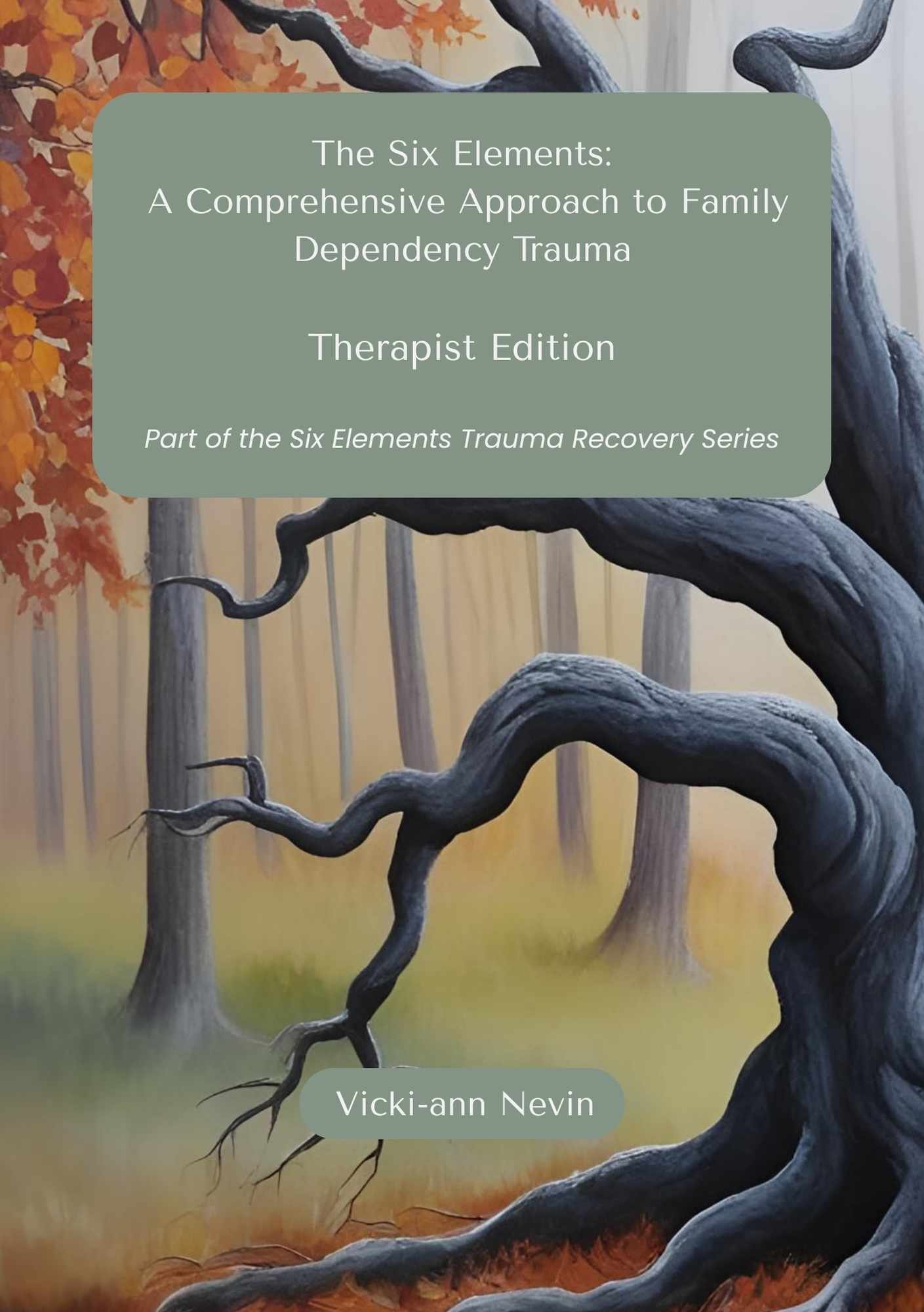Values and Motivations in Dependency Trauma Recovery
For many clients who grew up with parents or caregivers dependent on substances or processes, the effects of trauma can be deeply woven into their sense of self. It’s common for these individuals to have become so attuned to others’ needs that they struggle to recognise their own values and expectations. Often, they’ve adopted the values and expectations of those around them, carrying these into adulthood and finding themselves frustrated when striving to meet them.
The roles they developed in childhood—such as the Hero, Mascot, Lost Child, or Acting Out Child—continue to shape their core motivations. For instance, a Hero might believe the world works best when they look after everyone, while a Mascot might think it works best when they keep others laughing. A Lost Child may feel the world is at its best when they’re left alone, and an Acting Out Child might say things work best when they’re angry at everyone. Living by these outdated values can be exhausting and unfulfilling, especially since your client is no longer that child.
As you support your client in exploring their world, encourage them to reflect on what truly matters to them. You might prompt them with questions such as:
What is important to me?
Is this a value or an expectation?
If it’s an expectation, what value is driving it?
How do I measure its importance?
Hidden judgements and expectations are often rooted in our values, shaping how we respond to life’s challenges. Only by uncovering these can clients begin to understand their reactions and see that they were simply using the tools available to them at the time.
Guiding Your Client Through Self Discovery
Invite your client to consider their own values and expectations. For some, this may be the first time they’ve ever given them thought. You can help them frame this process by focusing on one area of their life that causes dissatisfaction. Ask them to write down four or five statements about that aspect, capturing how they think things should be. Remind them that it’s okay if these statements seem unrealistic or even ridiculous—what matters is beginning the conversation.
Uncovering Core Values
When working with clients to explore what really matters to them, we often talk about core values, those personal beliefs that quietly shape how they live and make decisions. These might include things like integrity, where doing the right thing matters most, or compassion that drives them to care for others. Curiosity encourages a love of learning and new experiences, while gratitude helps them appreciate what they have. Responsibility means owning up to their actions, and perseverance keeps them going through tough times. Honesty and empathy support meaningful connections with others, and courage helps them face fears and stand up for what they believe in. Fairness ensures everyone is treated justly, generosity inspires sharing time or resources, and respect honours the dignity and boundaries of those around them. Ultimately, the values that matter most are those that truly fit who your client is and help them feel fulfilled, connected, and purposeful in their everyday life.
What makes a value meaningful is how it aligns with your client’s authentic self. The most supportive values are those that:
Resonate personally
Support well-being
Guide through difficult decisions
Create positive impact in relationships and communities
Provide a sense of purpose
Supporting clients in discovering their authentic values is one of the most powerful gifts you can offer, helping them move from surviving their past to thriving in their present.
Motivation - Know What What Drives You
To further support your clients on this journey, this workbook is a practical tool. It offers structured exercises to help clients uncover their authentic values and motivations, providing clarity and direction as they move forward.


